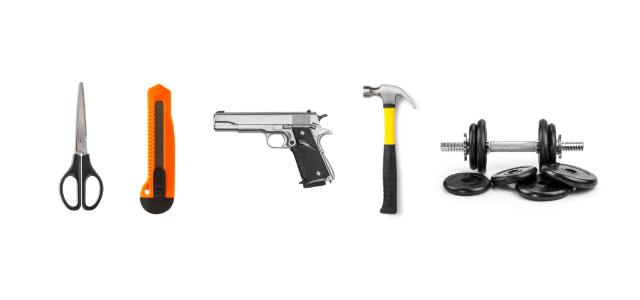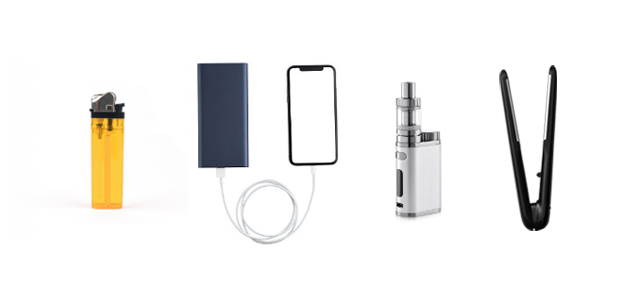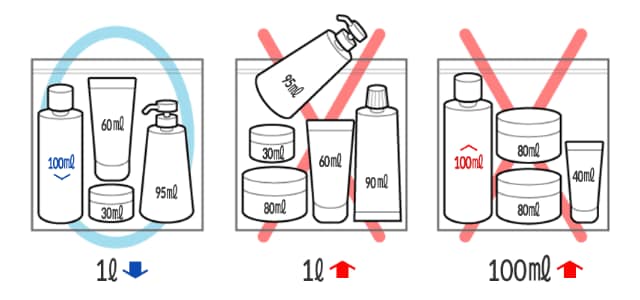Banned Items
Some items are banned from flights. Make sure you know what they are.
Electronic devices with lithium-ion batteries (e.g., mobile phones, laptops)
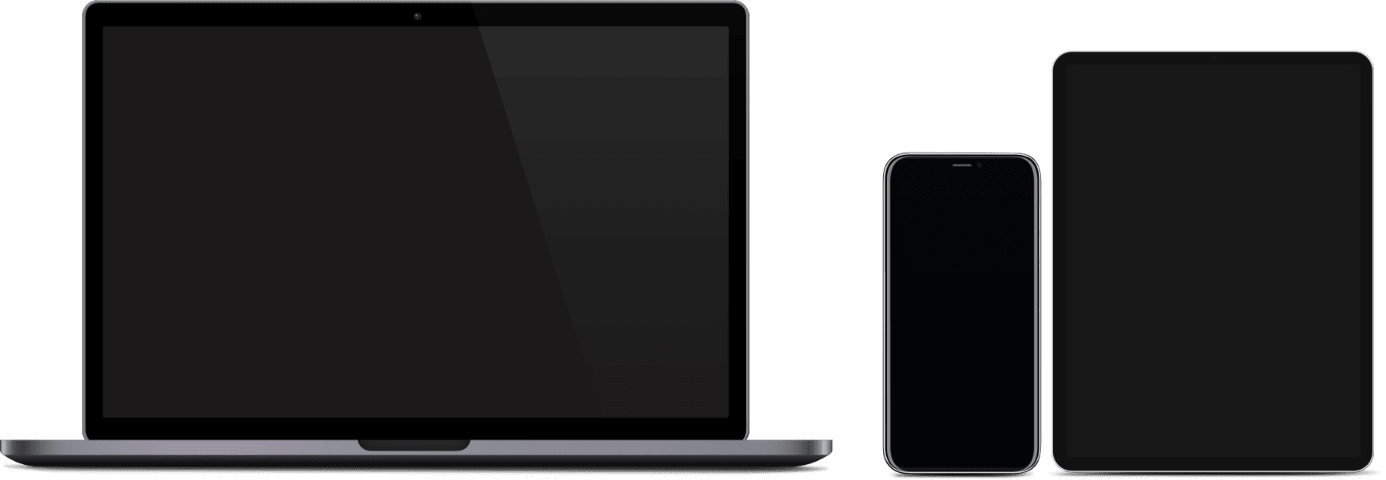
| Criteria | Transport Regulations (Allowed Quantity) |
|---|---|
| Batteries ≤ 100Wh | Carry-on (15 pieces) |
| Batteries ≤ 160Wh | Carry-on (2 pieces) |
| Batteries > 160Wh | Prohibited for transport |
Power Banks
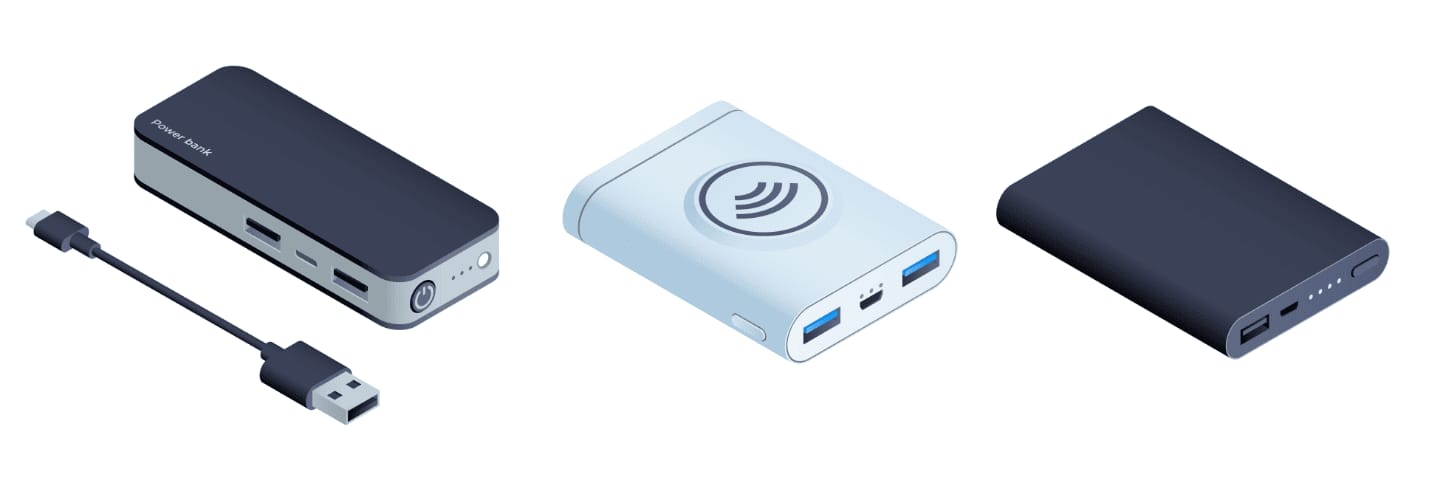
| Criteria | Transport Regulations (Allowed Quantity) |
|---|---|
| ≤ 100Wh(27,000mAh) | Carry-on (5 pieces) |
| ≤ 160Wh(43,000mAh) | Carry-on (2 pieces) |
| > 160Wh(43,000mAh) | Prohibited for transport |
Lithium battery-powered electric wheels (electric boards, electric scooters, Segways, hoverboards, etc.) / Cordless hair straightener
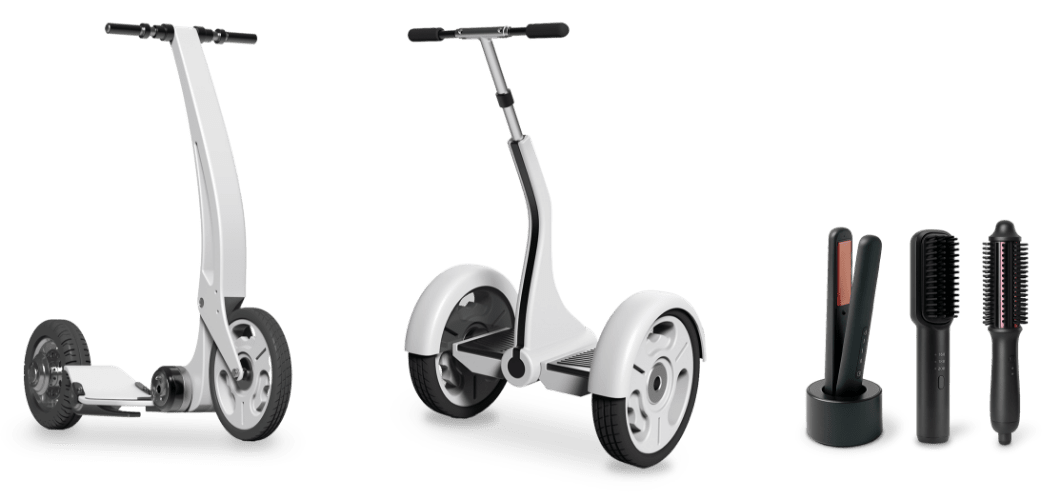
| Criteria | Transport Regulations (Allowed Quantity) |
|---|---|
| Prohibited for transport | |
Battery charging capacity calculation
| Battery charging capacity calculation |
|---|
| Wh = mAh X V / 1000 |
Formula for calculating battery charging capacity (example)
| Battery charging capacity calculation | battery charging capacity |
|---|---|
| 20,000 mAh(20Ah) X 3.7 V | 74Wh |
| 10,000 mAh (10Ah) X 3.7 V | 37Wh |
- Lithium batteries with an indeterminable charging capacity (Wh) may be restricted from carry-on baggage.
- Power banks and electronic devices containing lithium batteries cannot be checked in.
- To prevent the terminals (both embedded and exposed) of power banks from coming into contact with metal, they must be covered with insulating tape or placed in a protective pouch or plastic bag (e.g., ziplock bag).
- Power banks must be individually packed to prevent short circuits and should be carried on the person or kept in a visible location. Storage in overhead compartments is not allowed.
- Power banks (≤ 100Wh) for medical purposes may be carried with airline approval, with a maximum of 20 pieces (6 or more require approval).
- For batteries with more than five 100Wh batteries or more than 100Wh and less than 160Wh, a check-in counter visit is required for airline approval.
- For flights departing from Thailand, power banks exceeding 32,000mAh are prohibited.
- Charging power banks and electronic cigarettes is prohibited during the flight.
- Swollen or damaged power banks are prohibited in the cabin due to fire hazards. Please ensure your power bank is in good condition before check-in and boarding.
Detachable Battery
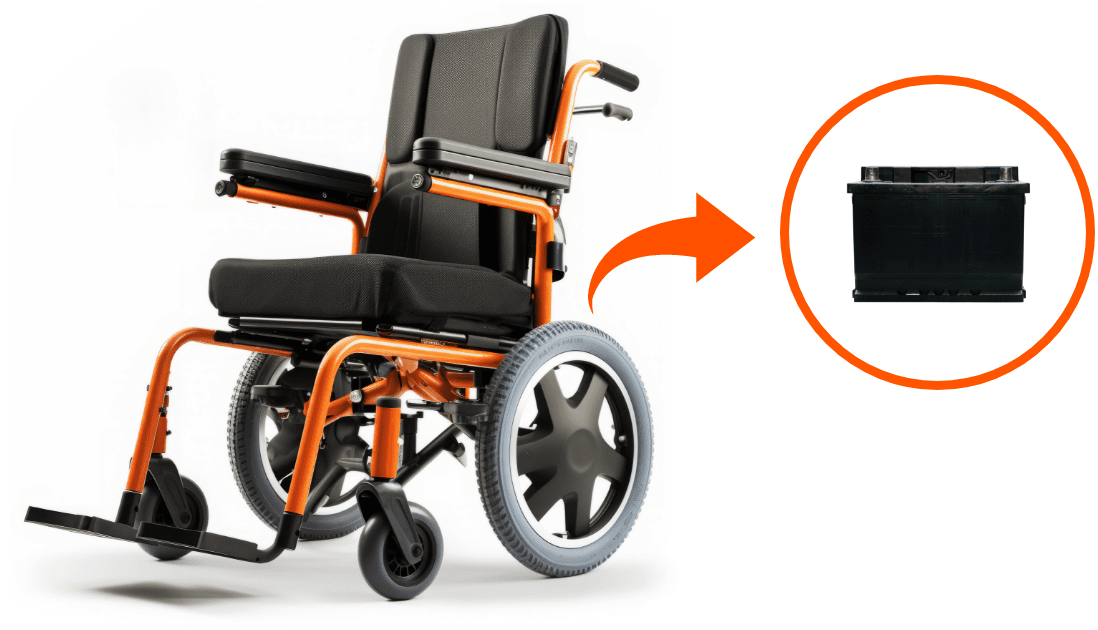
| Criteria | Transport Regulations (Allowed Quantity) |
|---|---|
| ≤ 300Wh | Battery can be carried in the cabin *Spare batteries: Allowed up to two ≤ 160Wh or one ≤ 300Wh. |
| > 300Wh | Prohibited for transport |
Non-Detachable Battery
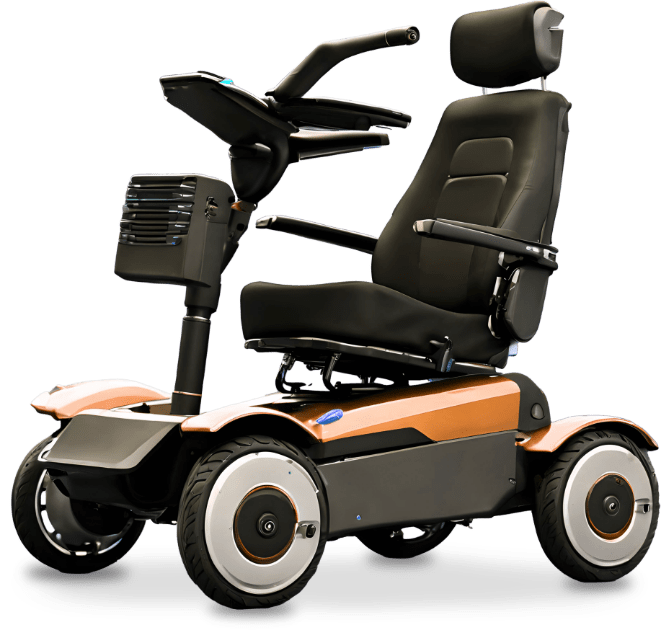
| Criteria | Transport Regulations (Allowed Quantity) |
|---|---|
| The battery must be firmly attached to the wheelchair. Short-circuit protection must be applied to battery terminals. |
|
- Mobility Aids require prior airline approval.
Detachable Battery
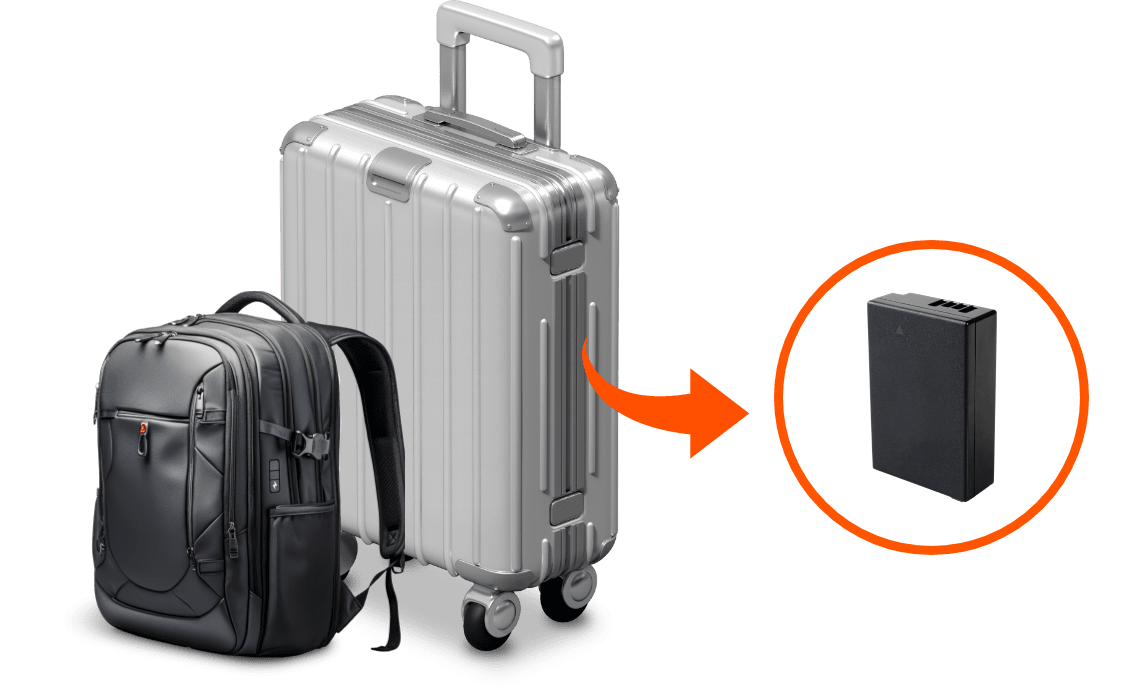
| Criteria | Transport Regulations (Allowed Quantity) |
|---|---|
| ≤ 160Wh | The removed battery must be carried in the cabin *For batteries over 100Wh, airline approval is required. |
Non-Detachable Battery
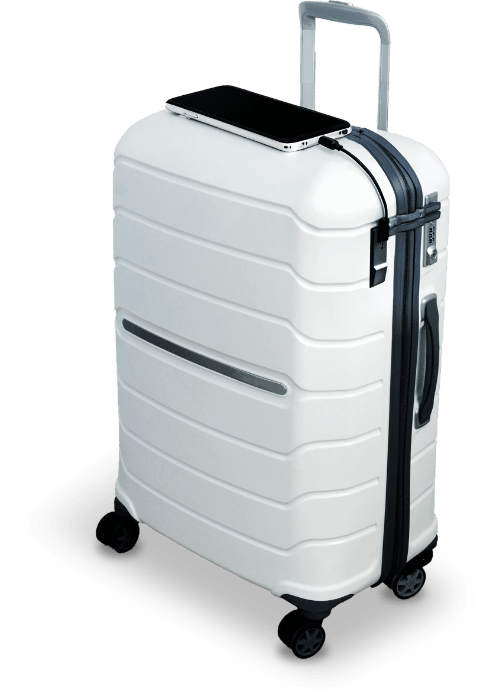
| Criteria | Transport Regulations (Allowed Quantity) |
|---|---|
| ≤ 2.7Wh | Allowed in the cabin. |
| > 2.7Wh | Prohibited for transport |
- Duty-free purchases that are liquids (alcohol, cosmetics, etc.) picked up from an airport duty-free store can be brought onto a flight if all of the following requirements are met.
- Items must be packaged in a transparent sealable plastic bag provided at duty-free stores or a security tamper evident bag (STEB) meeting international standards.
- No restriction applies to volumes of duty-free purchases brought onto a flight only if a receipt is included in or attached to a security tamper evident bag.
- In-flight duty-free purchases that are a liquid which can require a security check at any stage of an itinerary, including transfers and stop-overs, must be packaged in a security tamper evident bag.
- Duty-free purchases must not be opened until the flight to your final destination is boarded.
If you make multiple duty-free purchases that result in the carry-on baggage allowance of 1 item per passenger being exceeded, then you may be required to check in such items at the boarding gate. In such a case, you will be charged a fee.
As security regulations different to those in place in Republic of Korea are applied in overseas airports, you may be forced to discard in-flight duty-free purchases that are a liquid or they may be confiscated at transfers or stop-overs. Consult the cabin crew in advance to prevent this from happening.




